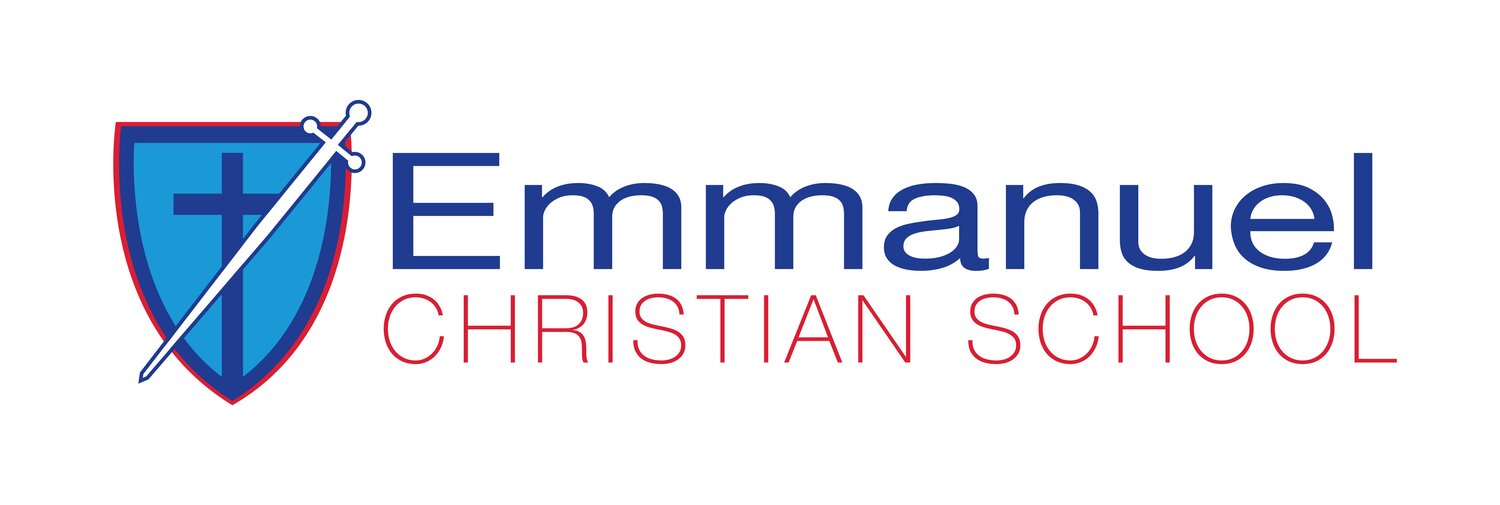The following quote has been attributed to Mark Twain, “I have never let schooling interfere with my education.”
For many teachers, students rekindle our passion for teaching in those ‘aha-moments’. It is often just the little things. Unfortunately though, these can be few and far between. For Mrs Sargent, it might be seeing a Kindergarten student independently tie their shoelaces for the first time. For Mrs Cox, it could be that light bulb moment for a year nine student when they begin to understand Trigonometry and can explain SOHCAHTOA!
It's a way of doing things that encourages high-quality work, emphasises the value of others, and respects individuals and the community. Where gracious professionalism, fierce competition and mutual gain are not separate notions.
There is no doubt that there is value in schooling and education but we also love seeing our students developing soft skills such as ‘gracious professionalism. Unfortunately, on a global scale, we have a large problem. In 2017, One in ten or 264 million children worldwide did not have access to schooling or an education.
Recently I read an article that discussed the difference between ‘schooling’ and ‘education’ that intrigued me. The article argued that schooling is the institutional process that most people in the developed world slog their way through. It is a formal process where we pass from one institute to another, such as, preschool, primary school, high school, TAFE, VET courses, training institutes and universities. However, just because you have been through these institutionalised processes, it does not mean that you have been educated. In fact, schooling can at times be very non-educational. Schooling refers to a certain idea or set of values that we hold around education. The article discussed that making students conform to codes of dress and personal appearance and setting detentions are profoundly anti-educational. Such regulations are in direct conflict with and contradict the educational value of topics such as freedom of speech and independence.
“We need a mixture of ‘schooling’ and ‘education’ to become the best versions of ourselves”
So, what then is ‘education’? Again, according to the article, obtaining an education has a dual purpose. On one hand, it's about the formation of the individual and on the other hand it is about the formation of developing better communities in a shared world.
What is more important? To be honest, I am not subscribing to either argument. Instead, I believe that we need a mixture of ‘schooling’ and ‘education’ to become the best versions of ourselves and to help be responsible citizens within the communities that we live. Just last weekend, Mrs Janice Pieterse and I took a group of students ranging from year four to year nine to a robotics competition. ‘First Lego League’ provides multiple opportunities for students to perform and achieve success.
At the award ceremony, our team was presented the Gracious Professionalism award. The First Lego League definition is:
It's a way of doing things that encourages high-quality work, emphasises the value of others, and respects individuals and the community. With Gracious Professionalism, fierce competition and mutual gain are not separate notions.
For me, it was fantastic to see the students recognised for this award. Although the team might not have had the best robot build with the fanciest attachments or the most sophisticated program, the real lesson I hope that the students took-away from the day was that by working collaboratively and showing respect to the other teams at all times, even in the heat of competition, is more important than being perceived as the best or most intelligent. It’s not in any particular subject that these skills are gained to achieve this award. It’s all part of an education which is developed both at school and at home.
A few weeks back, we held our Progressive Achievement Testing (PAT) which gives us an idea of how our students are developing academically in numeracy and literacy. We use this data to inform our teaching. There is no doubt that there is value in schooling and education but we also love seeing our students developing soft skills such as Gracious Professionalism.
Drew Roberts - Deputy Principal

